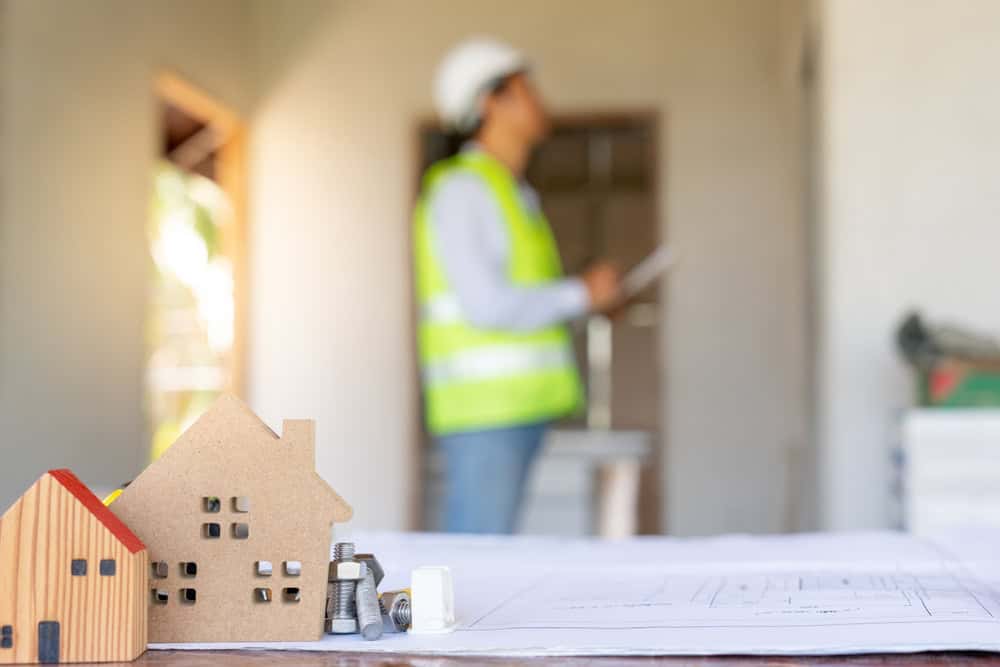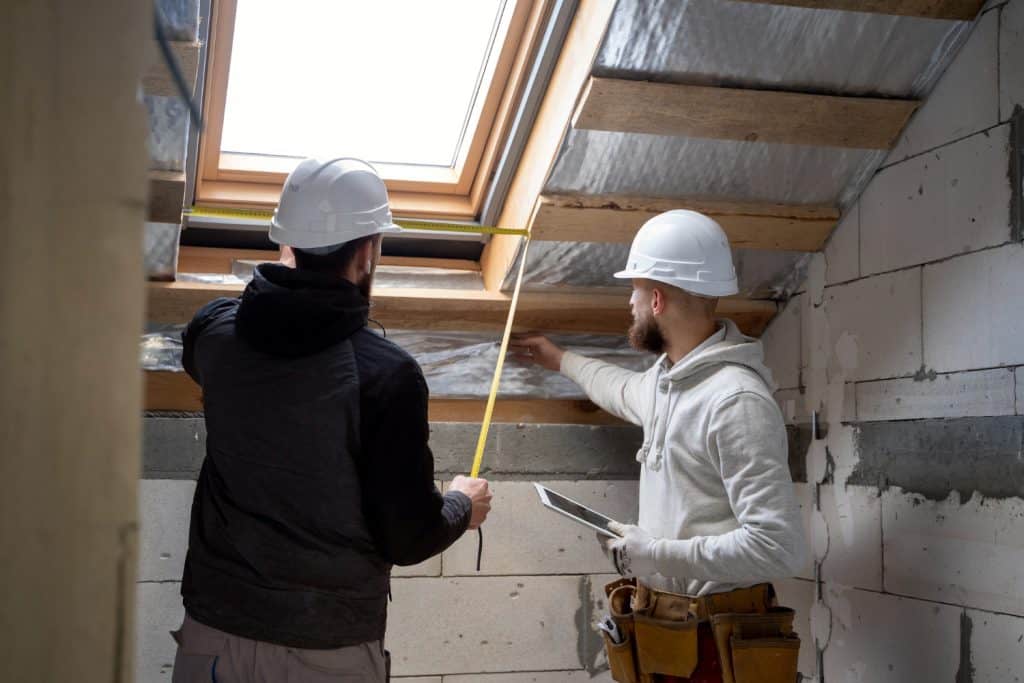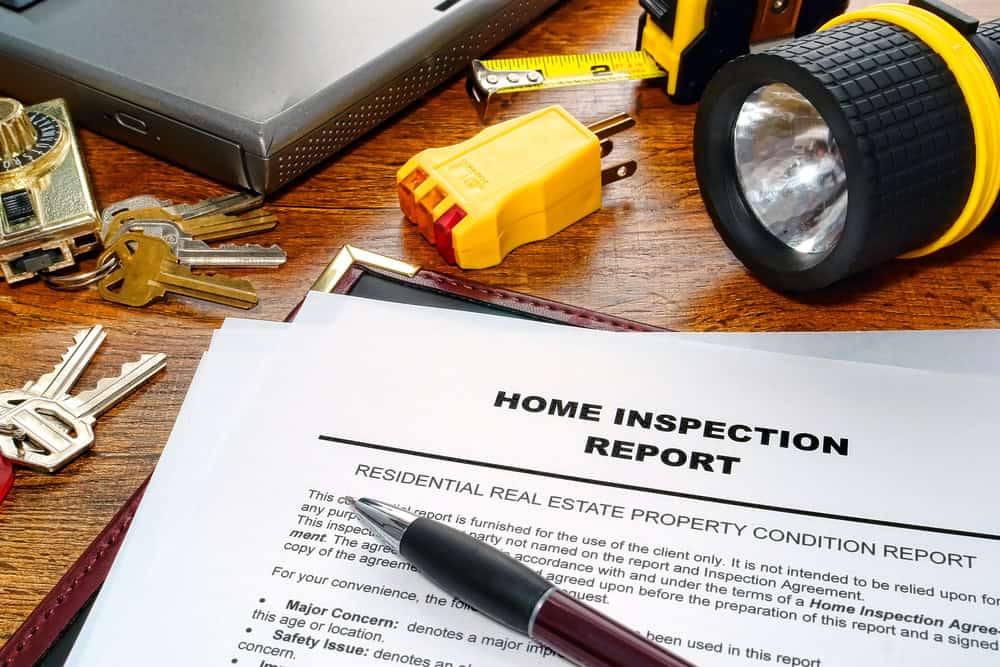
Before you put down a deposit on that dream home, you’ll want to know it’s going to be everything you expected. And if the house isn’t up to snuff, you might need to get out of that contract ASAP. That’s where a home inspection comes in handy — it gives potential buyers peace of mind that they won’t run into any major problems when they move in. It also gives sellers peace of mind that the buyer actually understands what kind of maintenance is required for the home and what problems could arise from its upkeep. If you plan on selling your house in the future, having an inspection might also help improve resale value; after all, why would anyone bother paying top dollar for something if there are hidden problems? Here we’ll explain what a home inspection entails, its benefits and risks, and how much they cost.
What is a Home Inspection?
A home inspection is a standard part of the process of buying a house. It can be conducted by the seller, buyer, or inspector. When done by an inspector, the inspection covers exterior and interior of the house as well as landscaping and anything else on site. The goal is to identify any major problems that could arise from maintaining or living in the property.

Who Performs the Home Inspection?
The home inspector typically has a background in engineering or construction, and is usually a licensed contractor. They will examine the structure, electrical systems, plumbing system, roofing, heating and air conditioning systems, windows and door frames, foundations and more to make sure the home won’t have any major problems.

Why Do You Need a Home Inspection?
A home inspection gives buyers and sellers peace of mind. It also gives them a better understanding of what they’re getting into.
With a home inspection, potential buyers have peace of mind that the house is up to code and doesn’t have any major problems; sellers know their house will be worth more when it comes time to sell it.
Inspections also help identify problems before they happen, which can lead to much lower repair costs in the long run.
But this comes with risks: potential buyers or sellers who are not well-versed in home inspections might assume that everything is going to be perfect, but they’ll soon find out otherwise.

Benefits of a Home Inspection
One of the most important parts of a home inspection is checking out the structural integrity of the building. A home inspector will be able to point out potential structural issues, like structural damage or a leaky roof. This knowledge can help you avoid any surprises later on down the road. If there are issues with your house, a home inspector will also recommend fixes that should help make your new digs comfortable and safe for years to come.
Another benefit is knowing if your house has any problems that could have been missed during construction. Your home inspector might find water infiltration, mold or mildew, or mineral deposits in your foundation and basement walls that were missed during construction. These discoveries can prevent you from wasting time and money later on down the line when these problems start showing up unexpectedly.

Risks of Having a Home Inspection
The risks of having a home inspection are twofold. For one, the inspection may reveal that you need things fixed that weren’t in your original listing. This could cause delays in the closing process. For example, if an inspector finds that a kitchen sink needs to be replaced and you must put down additional funds for the work, you might end up missing out on other opportunities.
Another risk is that the inspection may identify serious problems with the house, such as lead paint or asbestos. If there is anything like this present, your buyer will likely walk away from the purchase if they find it out before they move in.
Risks aside, there are many benefits to having a home inspection of your property.
Of course it will give potential buyers peace of mind so they don’t have to worry about any hidden problems when moving into their new home — but it will also give them insight and understanding into what kind of work needs to be done and what maintenance they can expect after purchasing the home.

Final Words: Is a Home Inspection Worth the Cost?
If you’re interested in putting down a deposit on your dream home, give yourself peace of mind and the seller the confidence that their house is good to go. A home inspection gives potential buyers an idea of what they can expect when moving into their new home. It also gives sellers peace of mind that the buyer actually understands what kind of maintenance is required for the home and what problems could arise from its upkeep. If you plan on selling your house in the future, having an inspection might also help improve resale value; after all, why would anyone bother paying top dollar for something if there are hidden problems?
If you decide to hire a professional inspector (pending your budget), expect to spend between $300-600, depending on where you live and the size of the property. Generally speaking, a “home inspection” will cover structural items like foundation, roofing and electrical issues as well as mechanical items like appliances and heating systems. Because this is such a wide range (from basic inspections to more extensive inspections), it’s hard to say whether or not an inspection is worth it for you. This decision should be made after weighing the benefits against risks; this article has a list of things that people could find during inspections that’ll help make up your mind.